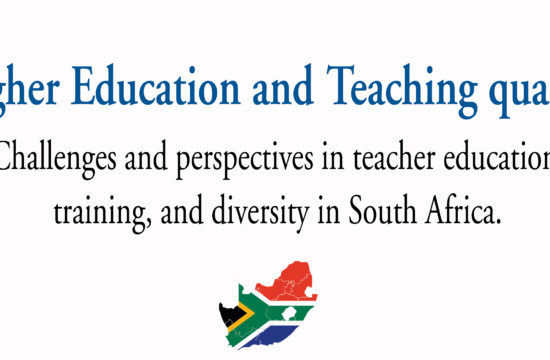Dr. Madhurima Chowdhury
Assistant Professor, Department of South and Southeast Asian Studies, University of Calcutta – INDIA
Policies are mostly needed for any kind of change. They give the framework of basic laws, regulations and rights which help in for decision making processes and future improvements. The world is experiencing changes in the field of education and to make educational policies effective it needs to consider and examine different possibilities. Thus, it is very important just not to follow only the principles of human rights taken from United Nations’ documents. Any educational policies adopted must focus on the issues and target areas of the particular country. With the different historical background, marginalisation and underrepresented groups, it is very important to understand the basic educational necessities and not just the Right to Education of UDHR or SDG 4 of 2030 Agenda which has been initiated by the western world. Right to Education is a fundamental right in most of the countries, however it has been mostly distorted according to the country and its political scenario. Education is necessary for all human beings and the Constitution has a duty to provide basic education to their citizens. It is a fundamental duty of the country to teach basic human rights starting from school level as Right to Education is a fundamental right which would help in countries growth. It is very important to understand that different South and Southeast Asian nations have different philosophies and objectives which might not match with the western world. Thus, if the policies are compelled to other nations then it cannot be achieved to its fullest. Educational policies must be framed keeping in my mind the different resources, culture, potential, equity and opportunities in the long run. Educational policies must be made understanding the sustainability and making it into a dynamic knowledgeable society and mostly the practicability of the policy helping in the right to education process.









